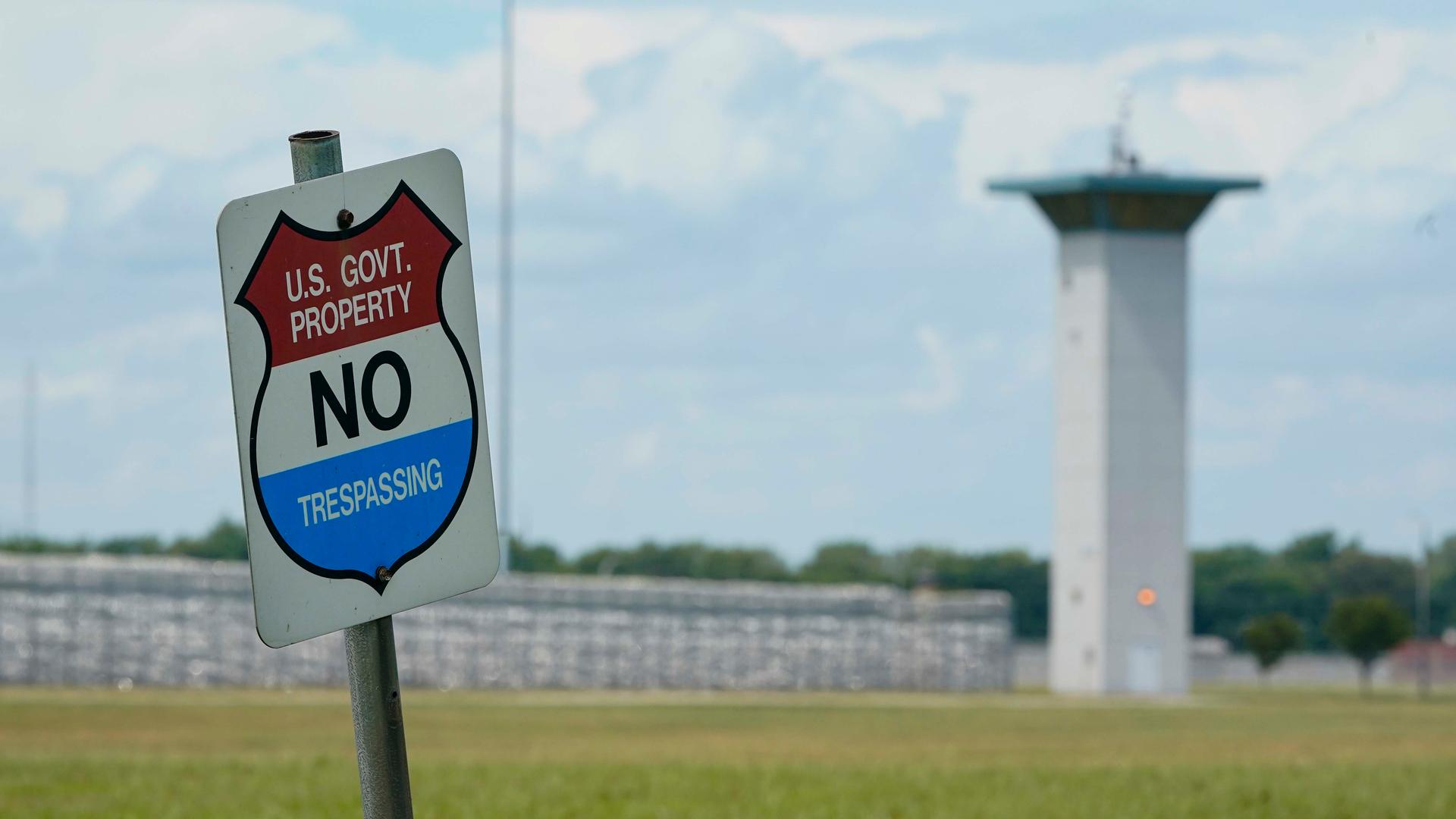Executions under Trump administration buck global trend away from death penalty
Last week, the Trump administration carried out the execution of two prisoners on death row, Brandon Bernard and Alfred Bourgeoise.
The case of Bernard, who received a lethal injection of pentobarbital at a US prison in Terre Haute, Indiana, was a rare execution of a person who was in his teens when his crime was committed.
Three more people are said to be put to death before President Donald Trump leaves office. This marks the first time in more than a century that federal executions have been carried out during a president’s lame-duck period. Federal executions were resumed by Trump in July after a 17-year hiatus despite a coronavirus outbreak in US prisons.
This is a reminder that the US is increasingly out of step with much of the rest of the world when it comes to the death penalty.
Delphine Lourtau, the executive director of the Cornell Center on the Death Penalty Worldwide, spoke with The World’s host Marco Werman about the US’ outlier stance and what it signals for human rights around the world.
Marco Werman: Delphine, put the US in context for us. Where does the US sit, compared with other similar nations, when it comes to the death penalty?
Delphine Lourtau: The United States is really bucking a global trend that we’ve seen start to develop after the Second World War and really accelerate in the past 20 to 25 years. And this trend is one toward the abolition of the death penalty, but also in states that continue to use the death penalty, toward an ever-more restricted use of capital punishment.
Why is it a concern that these executions are happening on the watch and on the orders of a lame-duck president and White House?
We already know President-elect Biden has announced that he would halt federal executions after inauguration. We’ve seen a shift in his position vis-a-vis capital punishment over the years. Last year, he tweeted that a system in which there was no possible redress for people who are executed after wrongful convictions had to change. The executions of the last few months of the Trump presidency reflect an attachment to the institution of capital punishment that is at odds not only with global trends but also with changing political perspectives and public opinion in the United States.
Related: Iranians tweet against government’s use of death penalty in rare act of online solidarity
The UN recently wrapped up its Universal Periodic Review of the US, which is when they evaluate a country’s human rights record. One of the recommendations was to eliminate the death penalty. How do America’s allies see the use of the death penalty here? Does it compromise our leadership on other human rights issues globally?
My organization tracks executions carried out around the world and so far in 2020, there are only six other states that have carried out more executions than the United States. They are China, Iran, Egypt, Iraq, Somalia, and North Korea. If you look at this list of countries, and if you look at the fact that within, for instance, member states of the G-20, the US is one of [six] states that carry out executions, but only [China and] Saudi Arabia [have] carried out more executions than the US in that group. If you look regionally within the Americas, this is the 12th consecutive year that the United States is the sole country that has carried out executions. There’s no doubt that the US is an outlier when it comes to its use of capital punishment. And there is also no doubt that this affects its credibility when it comes to bringing human rights challenges or raising concerns about human rights violations in other countries.
Related: Saudi sentences five to death, three to jail over Khashoggi murder
You talk about China, Iran, Saudi Arabia. These are places American leaders typically criticize when it comes to human rights. And yet we’re right there with them in these executions. How are we supposed to come to terms with this paradox?
The position of the United States and the position of many other countries that do continue to carry out executions is that the death penalty is not a question of human rights. It is a question of the administration of criminal justice and as such, an issue that is best left to individual sovereign states.
The problem with this argument is that it ignores that when you’re talking about human rights, we’re not just talking about the death penalty in and of itself. You’re also talking about the process and the procedures surrounding the death penalty. We’re talking about the criminal legal system as a whole. It’s much more difficult for countries that continue to apply the death penalty — to defend their trial practices that under international human rights law are supposed to provide fair trial guarantees above and beyond what is already required in other criminal cases — and stand beside their application of capital punishment.
This interview has been edited and condensed for clarity. AP contributed to this report.
Editor’s note: A previous version of this story wrongly stated that Saudi Arabia was the only G-20 member state that carried out more executions than the US.
